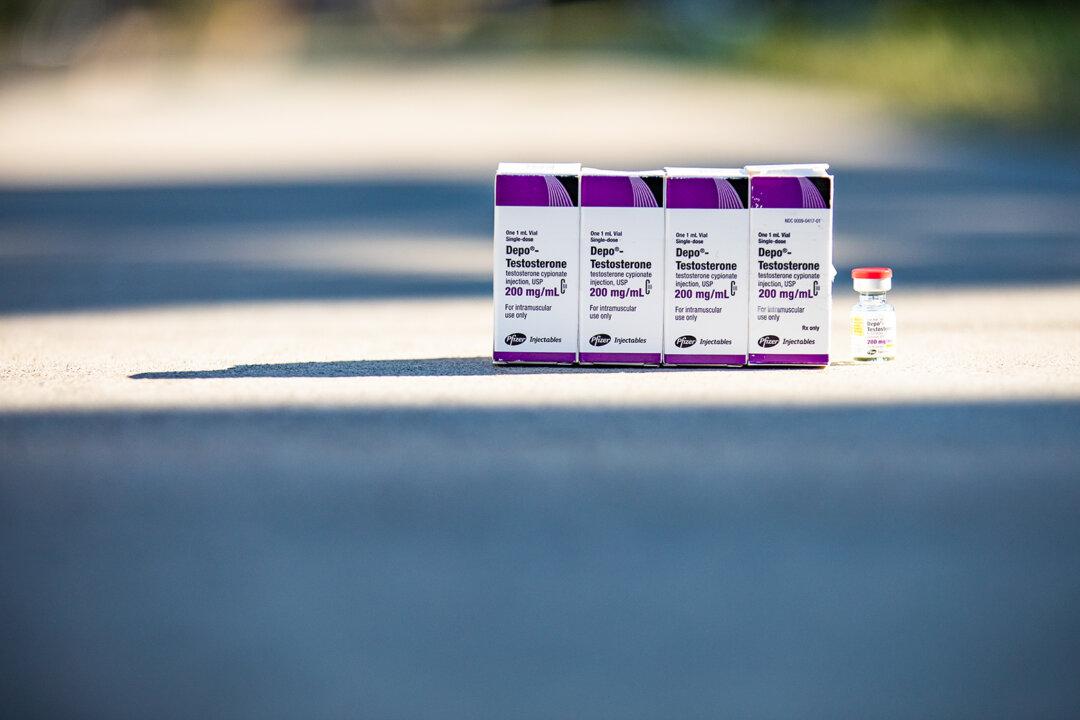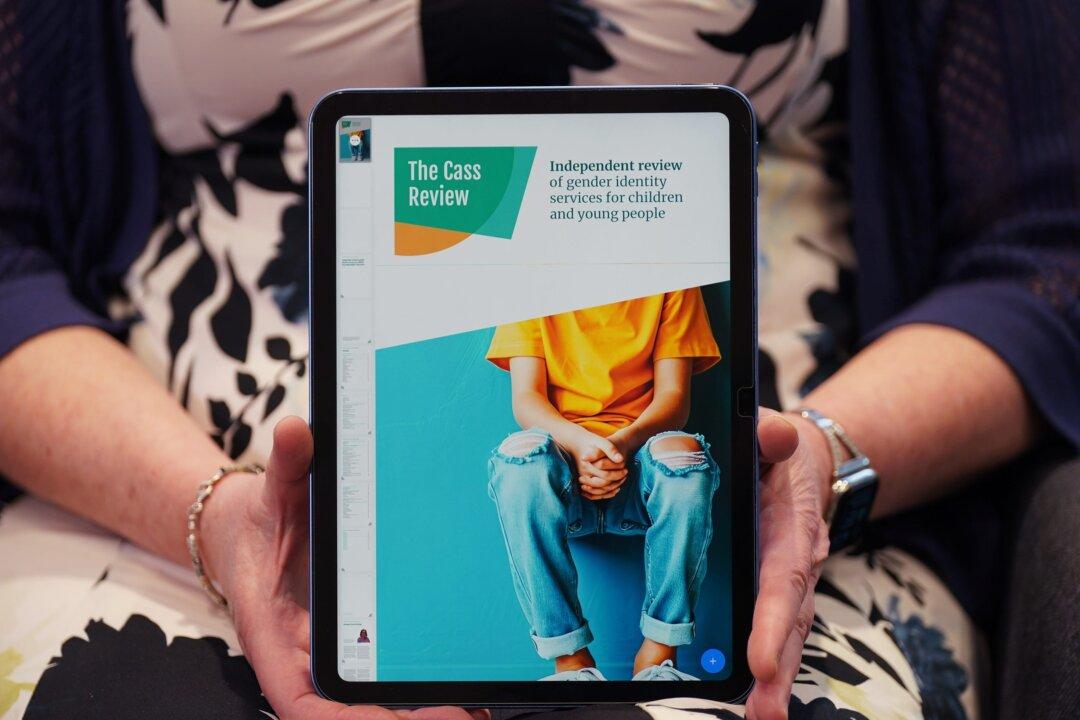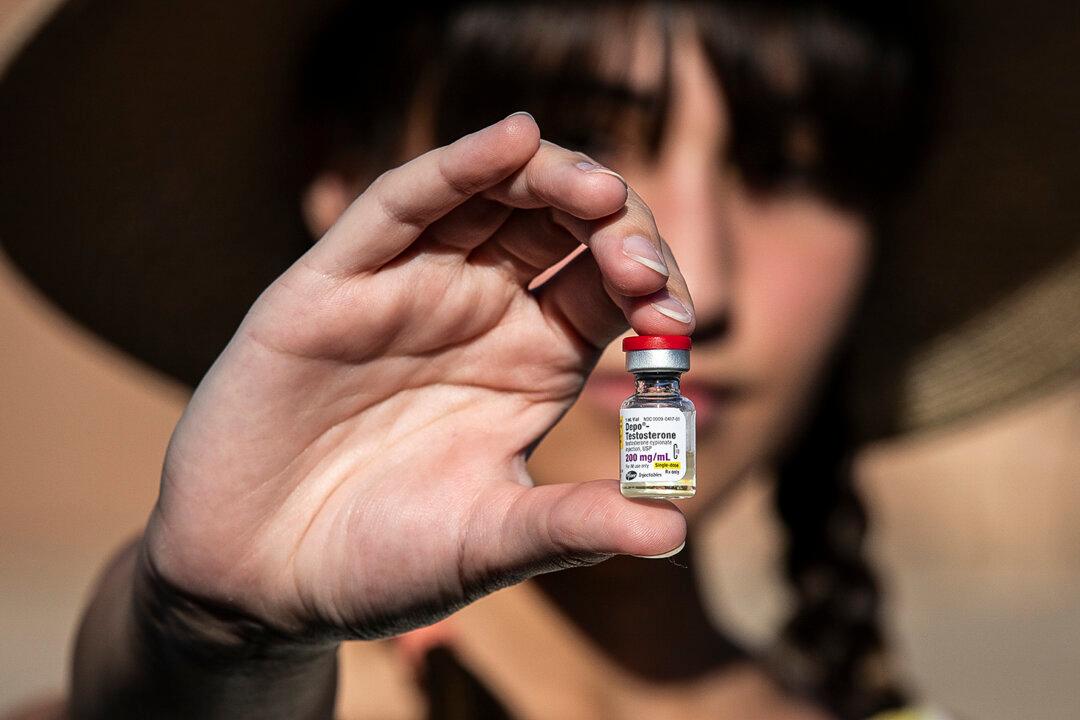Commentary
Almost 10 years ago, at the tender age of 90, former U.S. President Jimmy Carter was diagnosed with advanced metastatic melanoma, with lesions studding his liver and his brain. Historically, that diagnosis was a death sentence, with scant months between diagnosis and demise.





